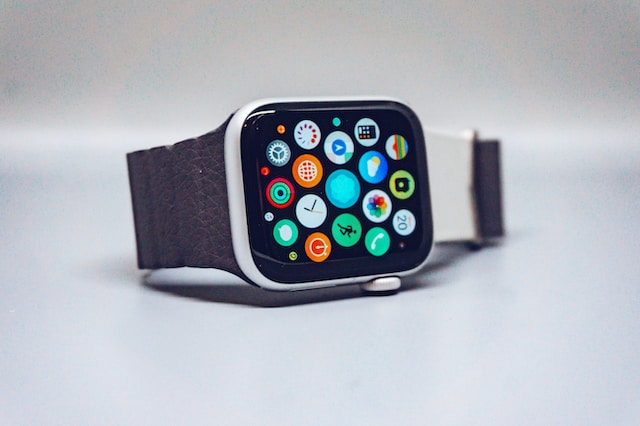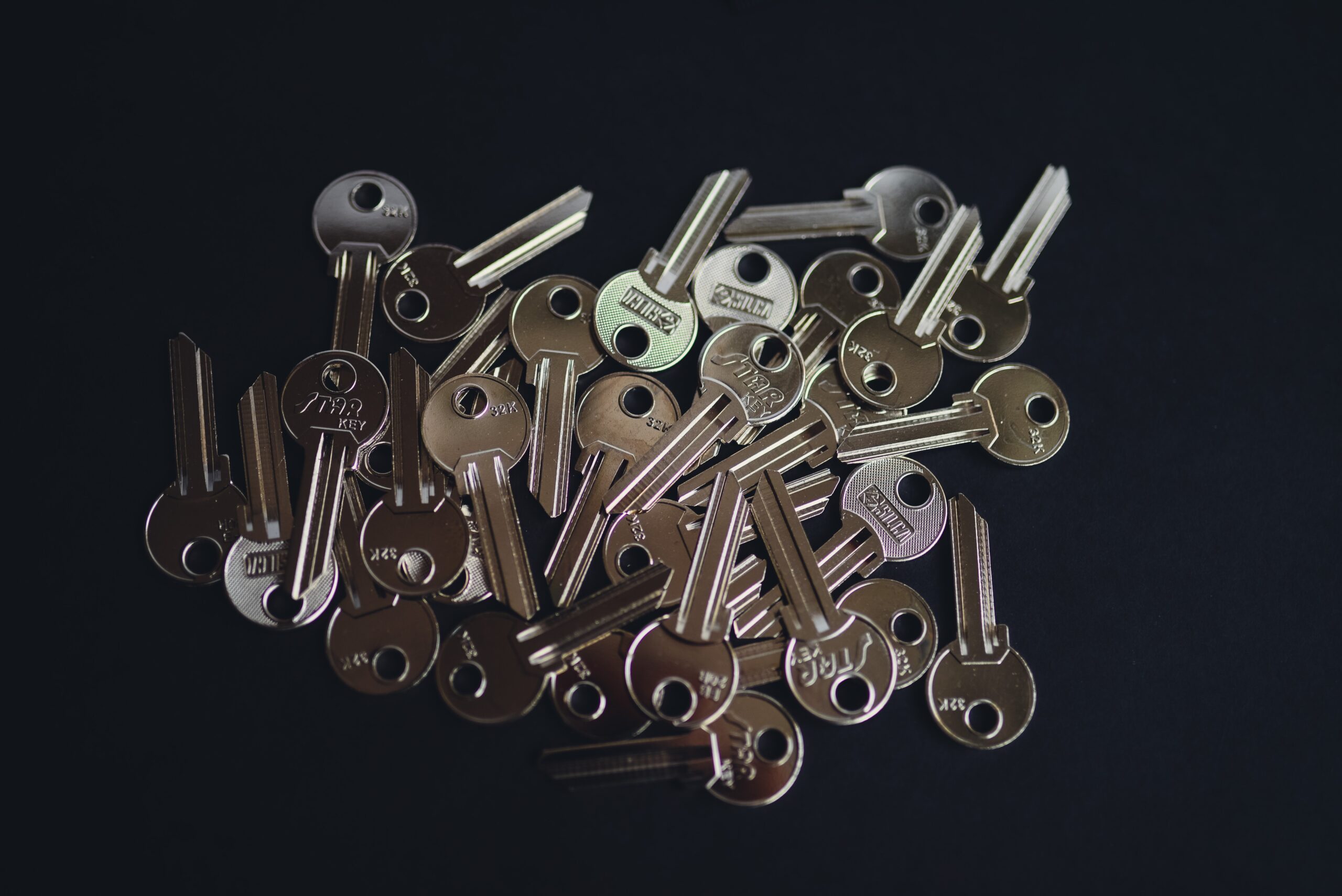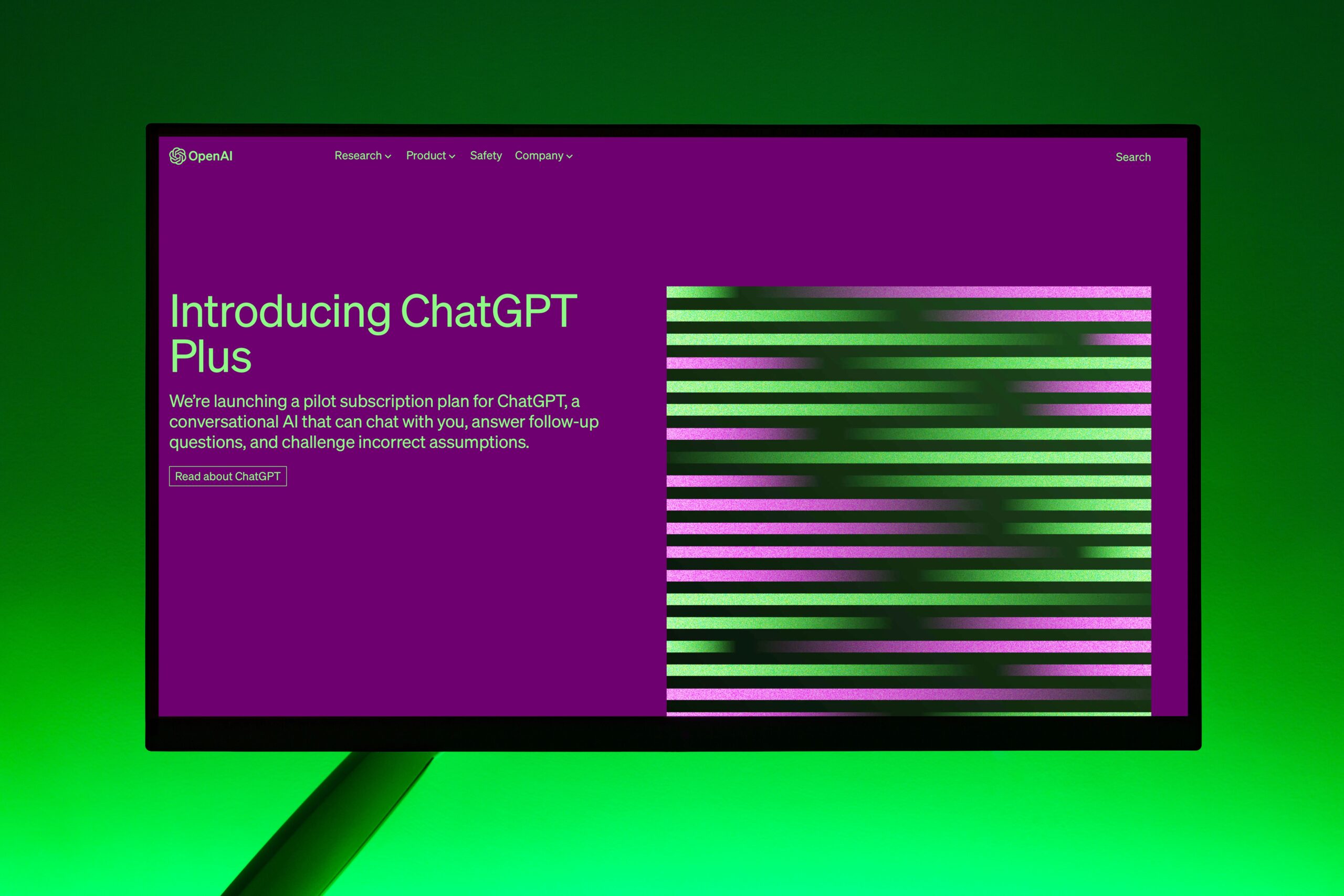Tech
Wearables 2.0: How Next-Gen Smartwatches and Rings Are Predicting Health Issues

Introduction
Your watch can now save your life.
New wearables don’t just track steps – they predict health problems before symptoms appear.
This article covers:
- How advanced sensors work
- Which conditions wearables can detect early
- The best health-predicting devices
- Privacy concerns with medical data
Let’s explore the future on your wrist.
1. From Step Counters to Health Guardians
Old Wearables (2010-2020)
- Counted steps
- Measured heart rate
- Tracked sleep (poorly)
New Wearables (2024+)
- Detect irregular heartbeats (AFib)
- Spot early diabetes signs
- Predict flu before fever starts
- Monitor stress hormone levels
Example: The Oura Ring detected COVID-19 before symptoms in studies.
2. How They Predict Health Issues
1. Better Sensors
- ECG (like hospital machines)
- Blood oxygen (SpO2) monitoring
- Skin temperature changes
- EDA (stress sweat measurement)
2. AI Analysis
Devices now:
- Compare your data to millions of others
- Spot tiny changes you’d miss
- Learn your personal baselines
Example: Apple Watch can detect falls and call emergency services.
3. Top Health-Predicting Wearables
| Device | What It Predicts | Price |
|---|---|---|
| Apple Watch Series 9 | AFib, falls, crashes | $399+ |
| Oura Ring Gen 3 | Illness onset, fertility | $299+ |
| Withings ScanWatch | Sleep apnea, AFib | $299 |
| Fitbit Sense 2 | Stress, skin temp changes | $299 |
Best Overall: Apple Watch (most FDA-cleared features)
4. Conditions Wearables Can Spot Early
1. Heart Problems
- Detects irregular rhythms (AFib)
- Alerts before heart attack risk
2. Diabetes
- Notices blood sugar patterns
- Warns about prediabetes
3. Mental Health
- Sees stress hormone changes
- Predicts anxiety/depression episodes
4. Infectious Diseases
- Spots fever patterns
- Detected COVID-19 in studies
5. Are These Predictions Accurate?
FDA-Cleared vs. “Wellness” Features
- FDA-cleared: Medical-grade accuracy (like ECG)
- Wellness features: Not proven (like “stress scores”)
Current Accuracy Rates:
- AFib detection: 90-95% correct
- Fever prediction: 80-85% correct
- Diabetes risk: 70-75% correct
Good for alerts – but always check with doctors.
6. Privacy Concerns
What Data They Collect:
- Heart rhythms
- Sleep patterns
- Location data
- Sometimes voice recordings
Who Can Access It:
- Insurance companies (in some cases)
- Employers (if part of wellness programs)
- Tech companies (for “research”)
Tip: Check privacy settings carefully.
7. The Future of Health Wearables
Coming Soon:
- Non-stop blood sugar monitoring (no finger pricks)
- Blood pressure tracking (without cuffs)
- Early cancer detection (through skin analysis)
Challenges:
- Battery life needs improvement
- False alarms can cause panic
- Not everyone can afford them
Conclusion: Your Personal Doctor on Wrist
Next-gen wearables offer:
✅ Early health warnings
✅ 24/7 monitoring
✅ Peace of mind
But remember:
- They’re assistants, not replacements for doctors
- Privacy trade-offs exist
- Accuracy keeps improving
The future of healthcare might just be on your wrist.
What’s Next?
Try these if you’re curious:
- Apple Watch ECG feature (takes 30 seconds)
- Oura Ring readiness score (morning health check)
- Fitbit stress management (breathing exercises)
Will you trust a watch with your health? The choice is yours.




